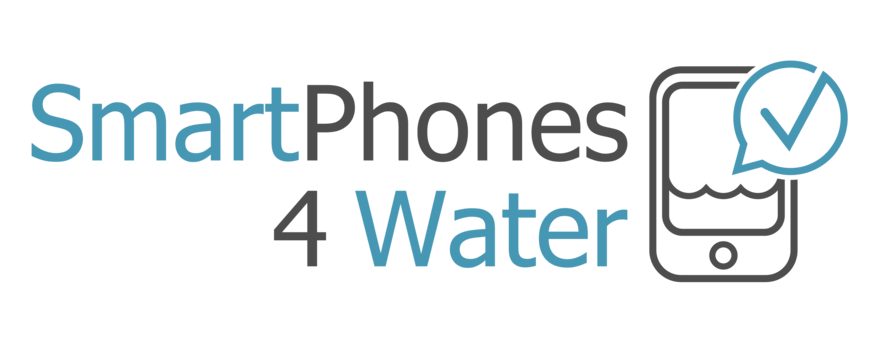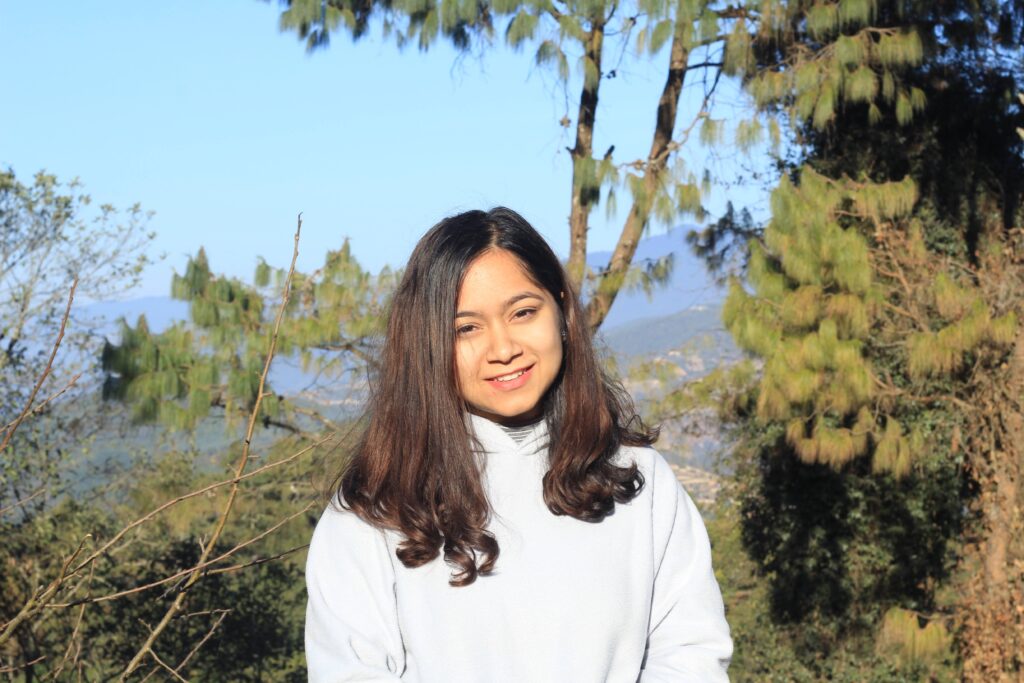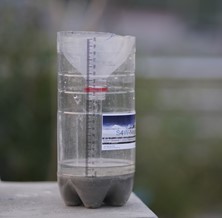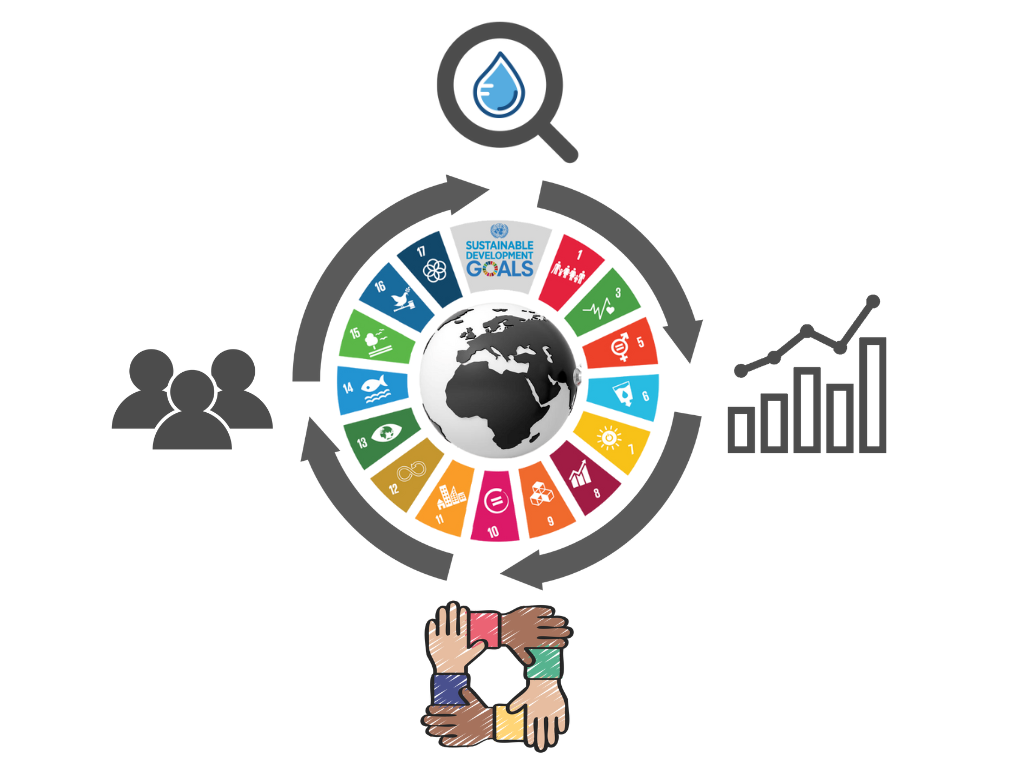Surabhi Upadhyay
Water, an essence of life, has always been a source of fascination for me. Little did I know that my journey through the world of research would start in my second year of undergraduate studies in Environmental Science at Naaya Aayam Multidisciplinary Institute (NAMI), Nepal in 2017. My initiation into water research began with a simple yet profound concept: “citizen science.” S4W-Nepal organized an outreach campaign at my college, where I was introduced to this term and its significance in collecting data related to water resources. Eager to get involved, I started as a citizen scientist, recording daily precipitation measurements and monthly groundwater level data. I was intrigued by the concept of citizen science, wherein I could voluntarily help conduct scientific research. The acknowledgment of my contributions served as a catalyst, further motivating my dedication to persist in data collection. As I delved deeper into the world of water research, I realized that there was so much more to learn and contribute. Upon discovering a vacant intern position, I decided to apply for an internship at S4W-Nepal. Following a thorough application process, I was successfully appointed as a Research Assistant Intern in 2018. This marked the beginning of my professional journey in the field of water research. Over the course of two years, I advanced from the role of an intern to that of a Research Assistant, eventually attaining the position of a Research Associate.
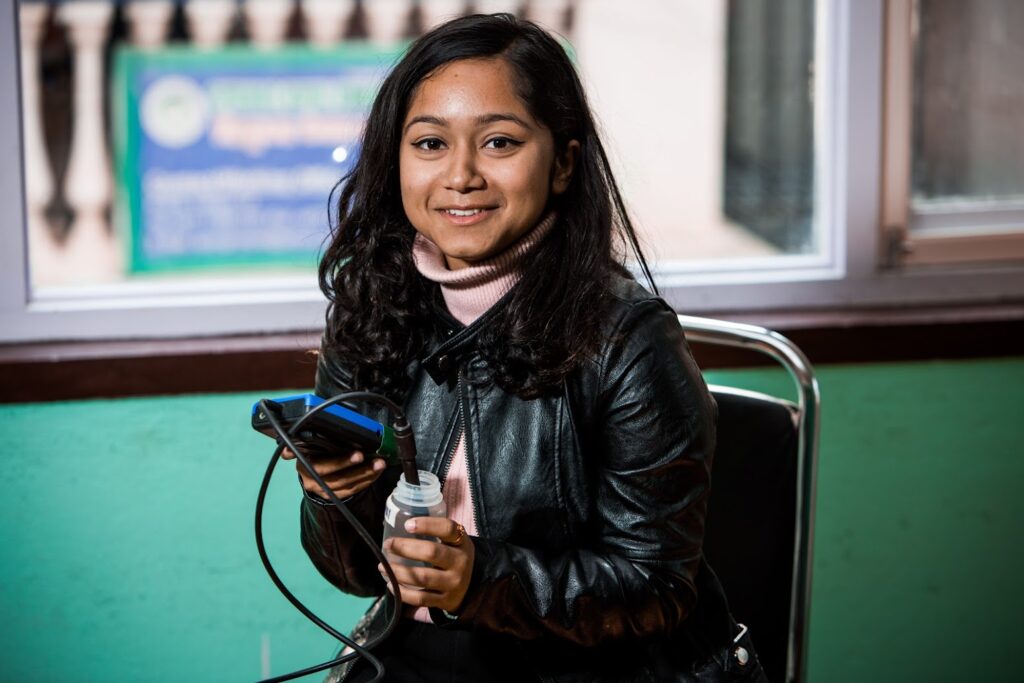
My role within S4W-Nepal was incredibly diverse over the years. I found myself in the field, conducting hands-on research, and collecting data. I also became responsible for ensuring the quality and accuracy of the datasets generated by fellow citizen scientists. One of the most rewarding aspects was the opportunity to write project reports, manuscripts, and proposals for the organization. Throughout my journey in S4W-Nepal, I had the privilege of being mentored by experienced professionals who guided me every step of the way. The encouragement and insights I received from these mentors were instrumental in my growth as a young water professional. Moreover, S4W-Nepal did not confine my growth to the local sphere; it provided me with immense opportunities to showcase our research on both national and international platforms. One of the standout experiences of my time at S4W-Nepal was working on a project focused on assessing stone spouts in the Kathmandu Valley. In this project, I played an active part in collecting data, ensuring quality control, visualizing the findings, and preparing deliverables. This became an unforgettable memory as we visited over 100 stone spout locations across the Kathmandu Valley. It was a truly exciting adventure as I discovered places I never thought existed, all while conducting sample collections for the project.
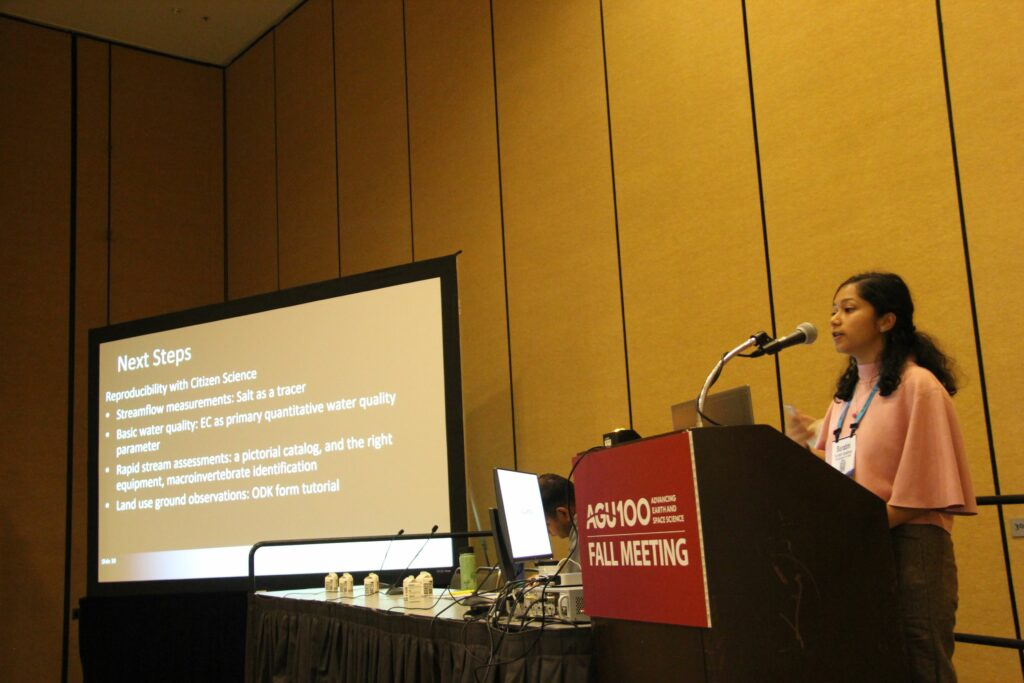
With curiosity in mind and the desire to refine my attained knowledge in the field of water resources, I decided to pursue a Master’s at the Asian Institute of Technology (AIT), Thailand. Back in Nepal, at S4W-Nepal, we employed the citizen science approach to bridge data gaps in regions with limited information, starting with Kathmandu Valley and extending our efforts to other parts of the country. In my master’s research, I worked in Cambodia’s Mekong River Delta aquifer region, where observational groundwater well data was limited. To overcome this challenge, I used remotely sensed data, supplementing observational data, to estimate groundwater storage change in the region. What ties together my experiences at S4W-Nepal and AIT is the shared need to explore supplementary solutions for addressing data gaps in the South and Southeast Asian regions. After graduation, I worked as a Research Associate at AIT, contributing to groundwater, climate change, and nature-based solutions projects. Outside the realms of academia, I explored the stunning beaches of Thailand, embraced the vibrant city atmosphere, and marveled at its glittering temples.
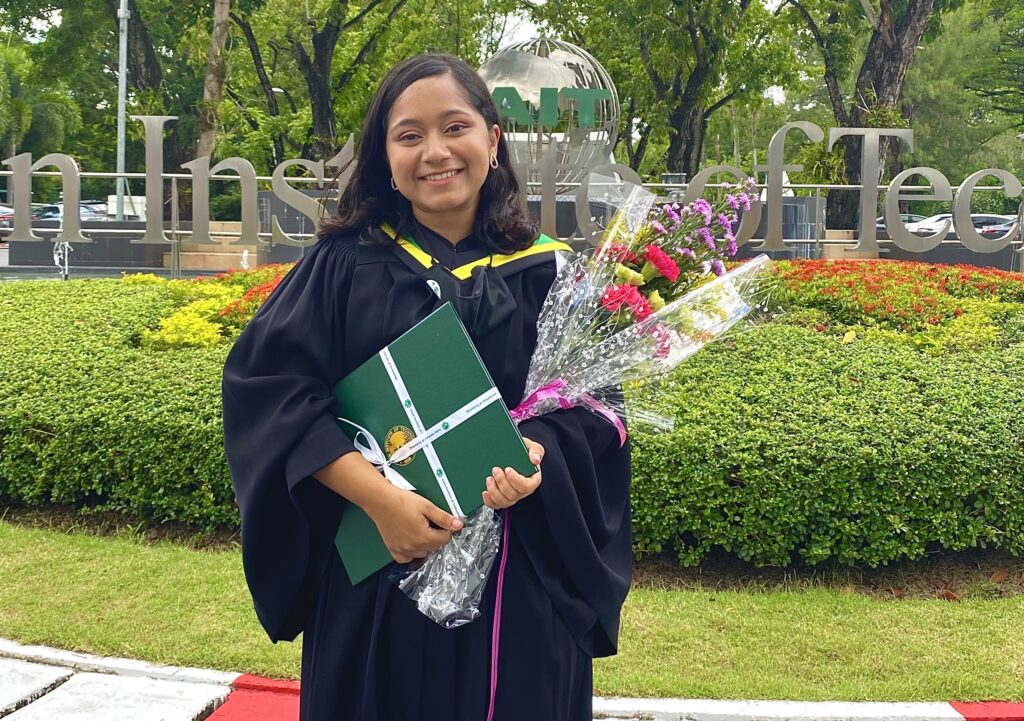
Currently, I am pursuing my PhD in Hydrologic Science and Engineering at the Colorado School of Mines, Colorado, USA. My research primarily aims to evaluate the growing likelihood of reservoirs reaching a state of “dead pool,” where water levels are too low for electricity generation, especially in the western United States. These occurrences have become more frequent due to ongoing drought conditions and the compounding effects of climate change. I have just started so more updates are coming soon!
Five years deep into the research domain and I’m soaking in every moment of it. Through all these years, the most important lesson I’ve learned from my journey is to “never stop dreaming” and understand that “persistence is a key.” These two things have carried me this far, and I believe this is just the beginning of my journey. Perhaps the most transformative aspect of my journey with S4W-Nepal was its ability to push me out of my comfort zone. I was challenged in ways I had never anticipated. I learned to adapt, take calculated risks, and embrace change. The result? I flourished as an individual and professional, experiencing a personal transformation that extended far beyond the world of water research. I am thankful to S4W-Nepal and the team for igniting that research spark within me. Additionally, grateful to my mentors at S4W-Nepal and AIT; having a supportive mentor is the cherry on top of this journey so far!
